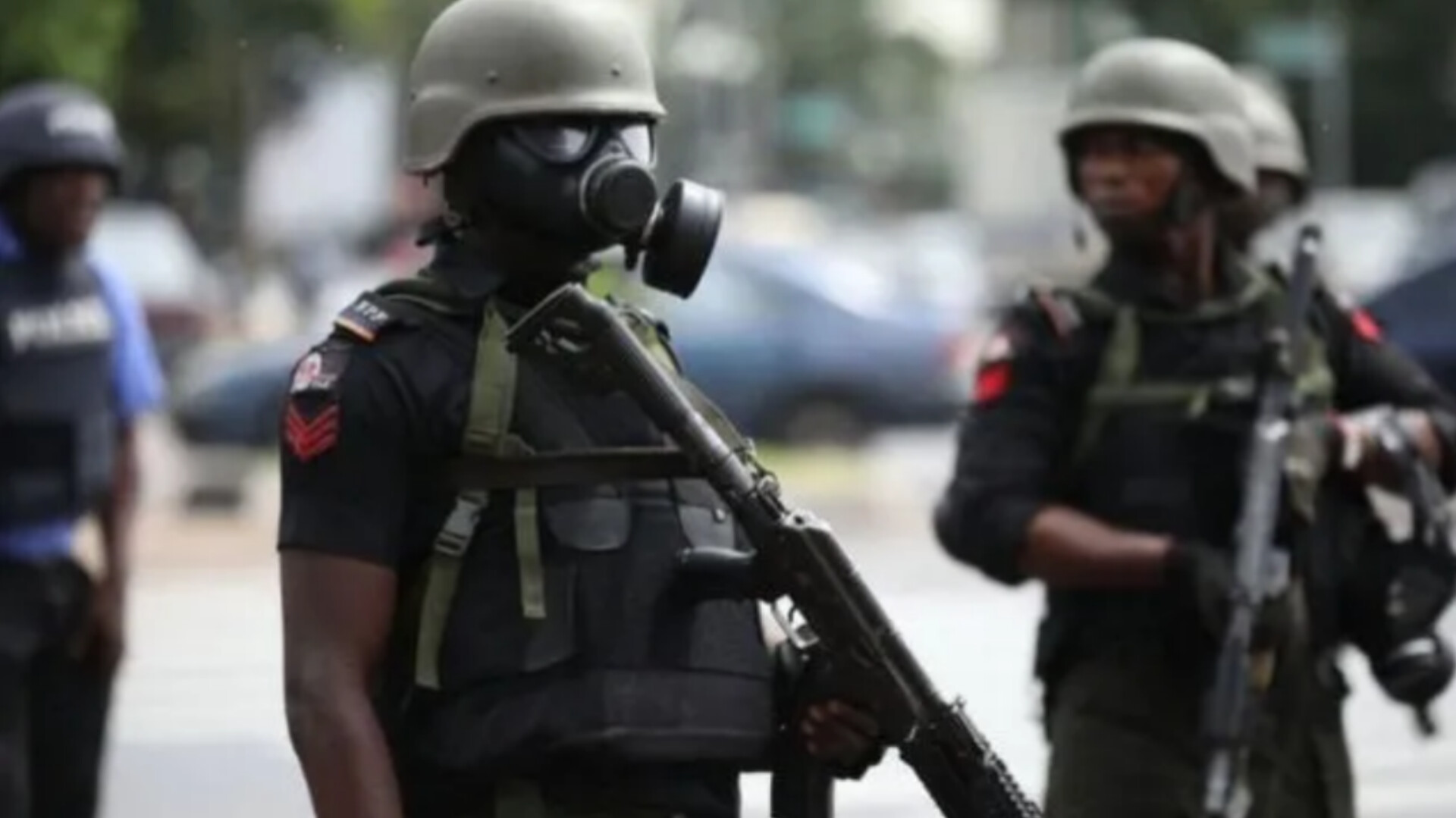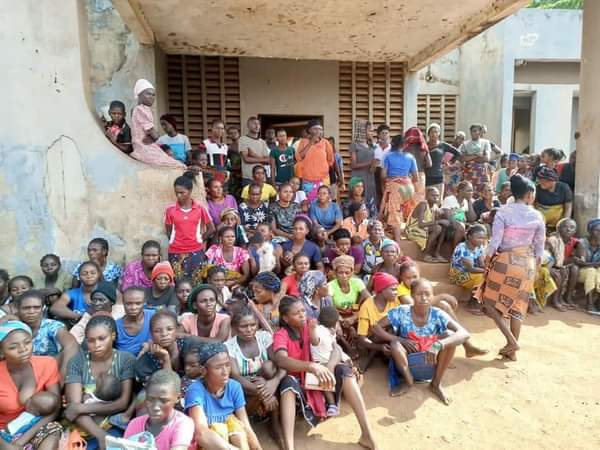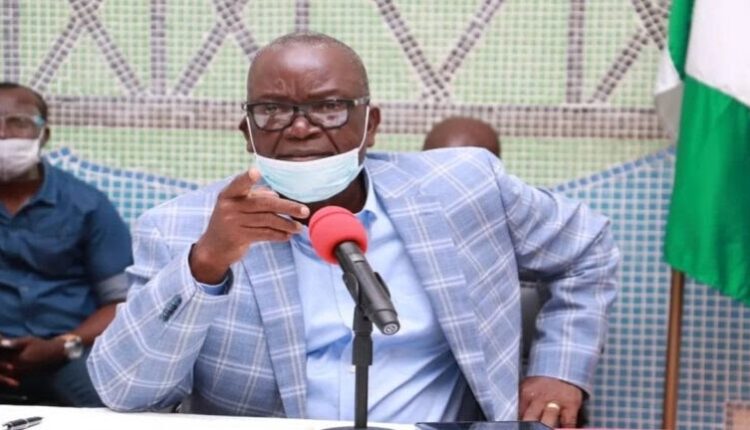Respite came for Residents of Federal Capital Territory(FCT) on Friday after months of rampage by daredevil kidnap gang after the Special Intervention Squad (SIS), FCT Police Command, killed three notorious bandits in a forest within the Bwari area of Abuja.
The bandits were smoked out in the early hours of Friday, January 26, at about 2 a.m in a forest linking Abuja to Kaduna State.
Amongst the three bandits who were whacked was their gang leader, Mai Gemu, popularly known as Godara, who, alongside his gang members, have been terrorising the FCT and neighboring states.

The Force Public Relations Officer, Olumuyiwa Adejobi, made the disclosure in Abuja on Friday during the parade of about 20 criminal suspects arrested for various nation wide.
Adejobi’s words, “We’ve recorded another significant stride towards fortifying the security landscape in the Federal Capital Territory following the recent launch of the Special Intervention Squad under the command of the Inspector General of Police, Olukayode Egbetokun.
“The SIS, in the early hours of Friday neutralised one of the most wanted kidnap kingpins, Mai Gemu aka Godara and two other members of his gang in an exchange of gunfire in the Bwari area of Abuja in a forest linking Abuja with Kaduna State.”
The Federal Capital Territory Police Special Intervention Squad had taken over a major route in Usafa, Bwari Area Council, used by bandits to transport their victims out of Abuja into neighbouring states of Kaduna, Niger, Nasarawa, and Kogi.
The FCT SIS Commander, Commissioner of Police, Bennett Igwe confirmed the development last Saturday when a team of armed policemen and crime reporters stormed the bushy and hilly parts of Ushafa community as SIS operatives mounted guards to flush out bandits.
Nigeria’s seat of power has been enmeshed in an alarming surge in insecurity, prompting growing concerns among residents and authorities. The capital city, once considered relatively impervious to the prevalent security challenges in other parts of the country, is now grappling with an escalating wave of criminal activities, particularly kidnappings.
The most notorious among the incidents over the past seven months include the abduction of 23 persons, including some members of the Al-Kadriyar and the Ariyo families on January 2, 2024, in the Bwari Area Council




